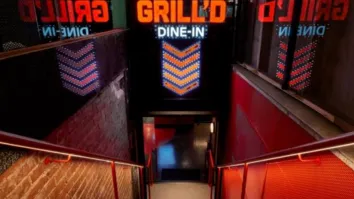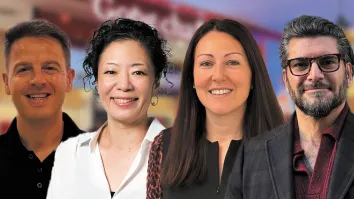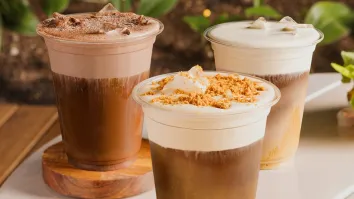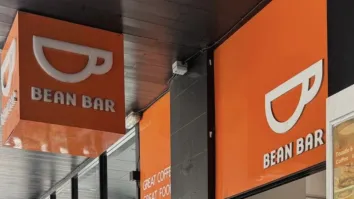
The Color of Cash is Leafy Green: QSR’s go eco-friendly for more customers and savings
With Australia introducing a fixed-price carbon tax in July and the increasing weight consumers place on health and the environment, QSR’s are attempting to take on green initiatives that net them consumer goodwill and savings at the same time.
For some QSR’s, like Lord of the Fries, shifting to greener practices has been an easier decision than most because it aligned well with the attitudes of their customers, and allowed them to pass on some of the added costs.
“A recent Lord of the Fries survey of our consumers showed 54% of respondents valued the environment, with 48% willing to pay more for environmentally friendly products,” said Sam Koronczyk, one of the owners and co-founder of Lord of the Fries, which now sources the potatoes for its fries from local farmers.
The Australian family-owned company said it has been working to reduce its eco-footprint, more so now that new legislation will penalize carbon-producing establishments. “With the carbon tax last year being given the green light, there’s no doubt being green will become an increasing concern for consumers.”
Franchises like Pizza Inn are similarly preparing for the carbon tax. “This is a challenge we have not yet looked at but will review with rising input costs due to the imminent carbon tax,” said Ron Browne, Franchise Manager, Pizza Inn.
Meanwhile at Oliver’s Real Food and Wasabi Warriors, the push to green spans from the kitchen to the restaurant interiors and even to corporate offices.
“Wherever possible we use organic ingredients. At present approximately 65% of our menu uses organic ingredients and this percentage is growing,” said Jason Gunn, MD & Founder, Oliver’s Real Food. “We also recycle our juicing waste as organic matter that naturally replenishes soil nutrition to support the ongoing organic cultivation of fresh and healthy foods.”
Then moving out into the restaurant proper, Oliver's installed waterless urinal troughs in its men's bathrooms on the F3 that do not need flushing. Gunn said every water-free urinal saves approximately 65,000 litres of water and several hundred kilowatt hours of energy every year. It also installed so-called ecobulbs each with a 15,000-hour life that is equivalent to 15 standard bulbs or 2 average energy saving bulbs.
Wasabi Warriors observes a similar policy for energy conservation. “There are simple and easy ways to contribute such as turning off lights when you aren’t using them, and Wasabi Warriors encourages this. From a Support Office level, we have a goal of all communication being paperless in 2012. This means our newsletters, reporting systems, manuals, application forms, catering orders, event invites etc are all online,” said Nicola Mills, MD, Pacific Retail Management, which owns the Wasabi Warriors franchise.
While many QSR’s have found a customer or profit driver to rationalize their green actions, some like Sunshine Kebabs are hindered by operators who are mindful of their bottom line, and find the costs of going green burdensome.
“We do our best but with the market the way it is not all operators are so keen on taking on board the increased costs in green packaging etc. Anything green does cost significantly more,” said Murat Coskun, CEO, Sunshine Kebabs. “Having said that we encourage all our operators to be conscious of this issue.”























